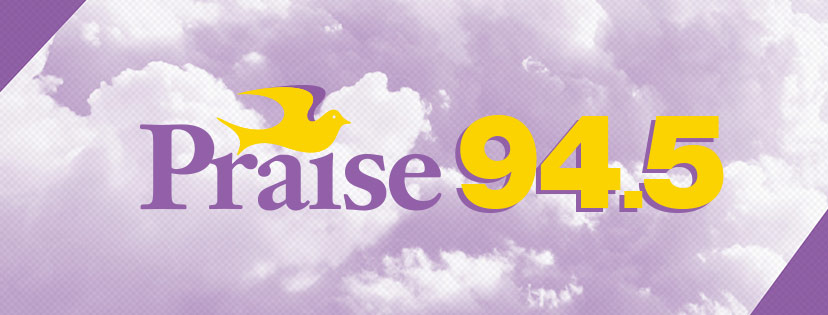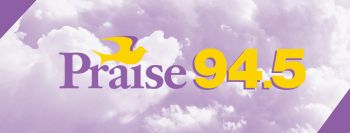Victoria D. Anderson Answering Student and Young Professionals’ Questions in Starting and Navigating Their Course in the Work Place
As Shared With Rashida Maples, Esq.
Q. How do know if you’re “paying dues” or being taken advantage of by veteran employees?
A. Today’s climb to the top looks different! The first step is to ensure you do not have an antiquated definition of this proverbial term. In today’s workplace, you should anticipate paying some dues, and “paying dues” will still require you to work hard— and earn the top spot by getting results. The key is to make sure your hard work does not include ‘suffering in vain’.
At various points during your professional journey you will be asked to lead projects, take-on temporary or time-limited assignments, occasionally work long hours, or accept lateral moves—don’t shy away from these! They are ‘in bounds’, and can each be great opportunities for your development by enabling you to build new skills, and demonstrate your star power!
To ensure you are not being taken advantage of, it is critical to discuss – in advance – how these assignments link to your career path, or contribute to your professional development overall.
I also recommend practicing a little preventative medicine by taking the following steps: 1) ensure you have a documented professional development plan, 2) discuss how each new project or task contributes to skills needed at the next level, and 3) create measurable benchmarks that can be evaluated along the way.
“Paying dues” is a reality, and will absolutely require effort, sacrifice, and flexibility—but with communication, clarity and a plan—you can make sure the payoff works in your favor and propels you up the ladder.
(Not So) Small Talk: 5 Topics You Should Avoid Talking About At Work
Q. I am interested in knowing and fully understanding the best means of navigating professional socializing, particularly lunching with co-workers and offers to go for cocktails after work.
A. Professional socializing has numerous benefits and is an essential part of building relationships in the workplace. If managed appropriately, socializing with coworkers can facilitate teamwork and communication, improve productivity and make work more enjoyable. But there is a point where workplace socializing can cross the line. Here are 3 tips for avoiding possible pitfalls:
Maintain Boundaries
Certain topics should be avoided at work–no matter how friendly you are with you coworkers. Steer clear of topics that make people uncomfortable like race, religion, sexual habits, physical appearance and money. A simple “no comment” can be a polite way to avoid potential danger zones. So when in doubt–don’t! It is always better to be safe than sorry.
Avoid Gossip
Anything you do or say at work can affect your reputation, your career future, and the reputations of others–so don’t relax your professional standards just because you have developed a friendly relationship with co-workers. Be careful who you choose to get close to in the office, and be mindful of the personal and private information you decide to share. When in doubt—keep it professional.
Levels Matter
Developing personal friendships with employees that work for you (or that you work for) can be like wading in murky water. An inappropriate conversation with a subordinate is even worse than one with a coworker. It is essential to keep a degree of professional detachment between yourself and those you manage. In this case, utilize social settings to foster team-building, or recognize positive team results—not to develop personal friends with direct reports.
Q: What is proper etiquette with co-workers or supervisors at professional social moments (dinner parties, functions where alcohol is served)?
A: Office parties and get togethers are usually held to celebrate, or build camaraderie in the office, and can be quite fun. You will best enjoy the time with your coworkers without office drama–or regrets–if you know the rules and respect professional etiquette in social settings.
Dress Code
Unless otherwise specified, the dress code for the office should apply if the event is being held at the office. For off-site events, when in doubt—ask the person who is organizing the party or event.
Conversation
Keep conversation light and humorous while still maintaining professionalism and restraint about personal things. Discussing family, sports, news, or entertainment is completely in-bounds, but it is best to avoid ‘hot-button’ issues—such as religion and politics.
Drinking
As a rule, mirror your company culture to decide if it is acceptable to drink alcohol in social settings. When in doubt about whether drinking alcohol is appropriate—don’t drink at professional social events. Alcohol can lower inhibitions that you would normally maintain in the office setting. If you decide having a drink is culturally ‘acceptable’, maintain a one drink rule during company sponsored events.
Victoria D. Anderson is a human resources professional, and currently works as a Partner Resources Manager with Starbucks Coffee Company. In this role, she is responsible for strategic business partnerships and leadership consulting–and focuses on organizational effectiveness, partner relations, and talent management.
Harlem’s Fashion Row Creator Brandice Henderson Puts Harlem On The Map
Public Relations Guru Radina Russell: “Don’t Be Intimidated By Titles And Positions”
Q&A For Students/Young Professionals Navigating Through The Work Place was originally published on hellobeautiful.com














